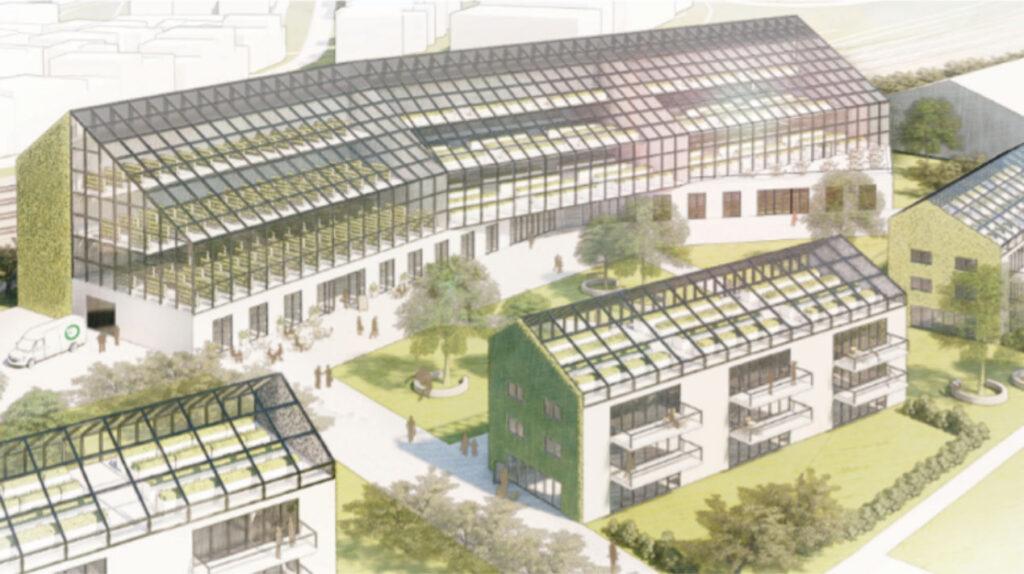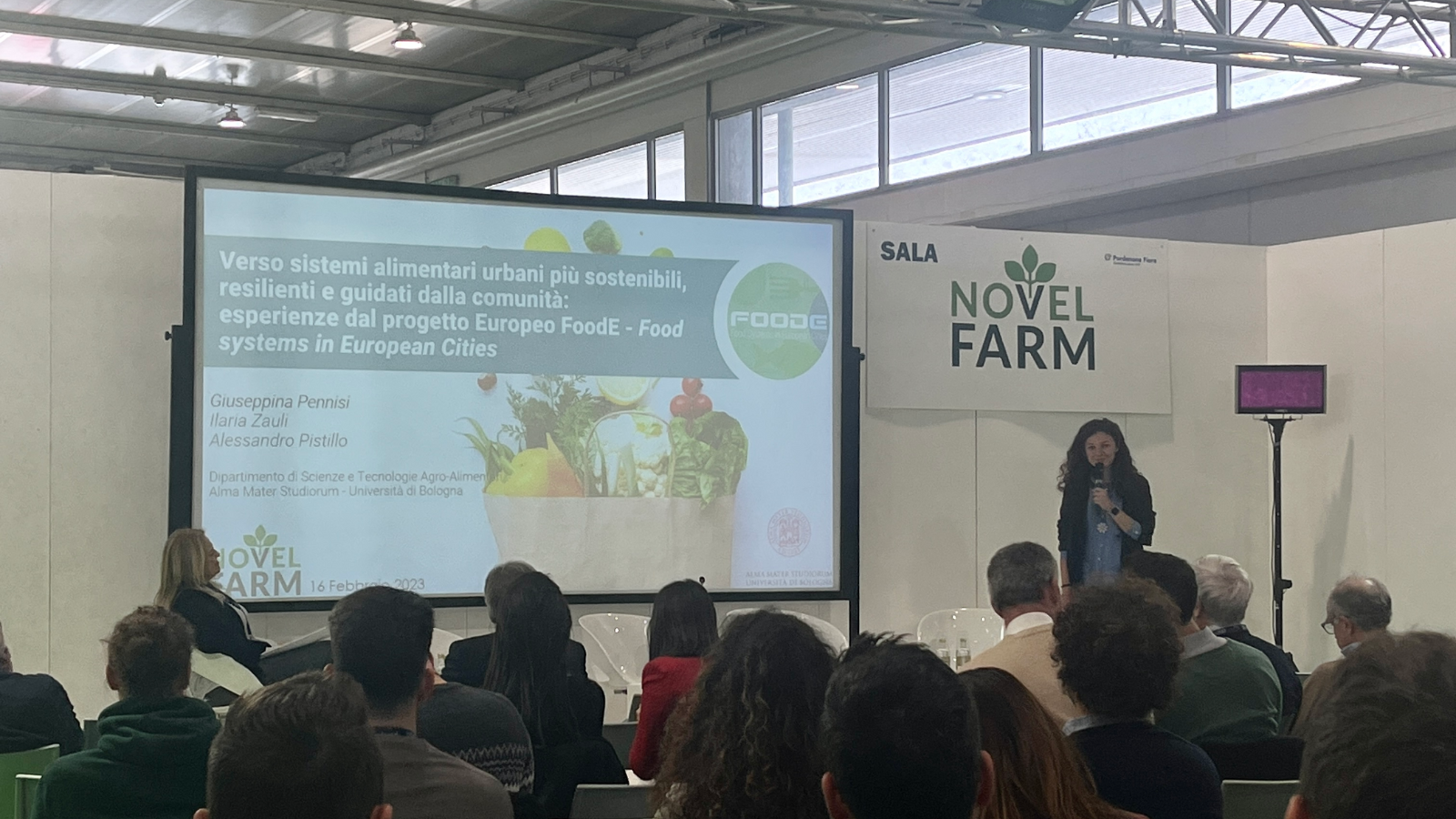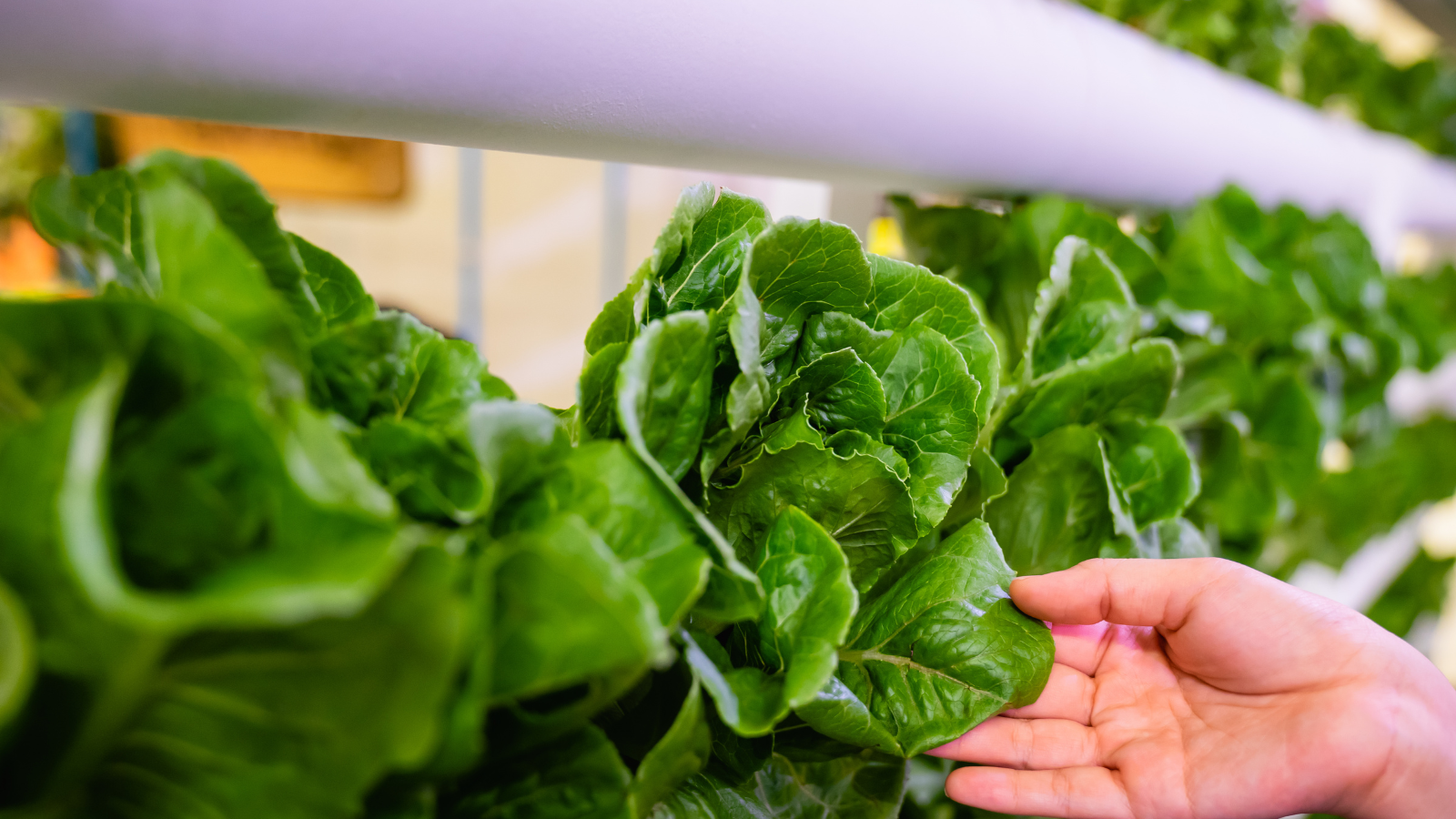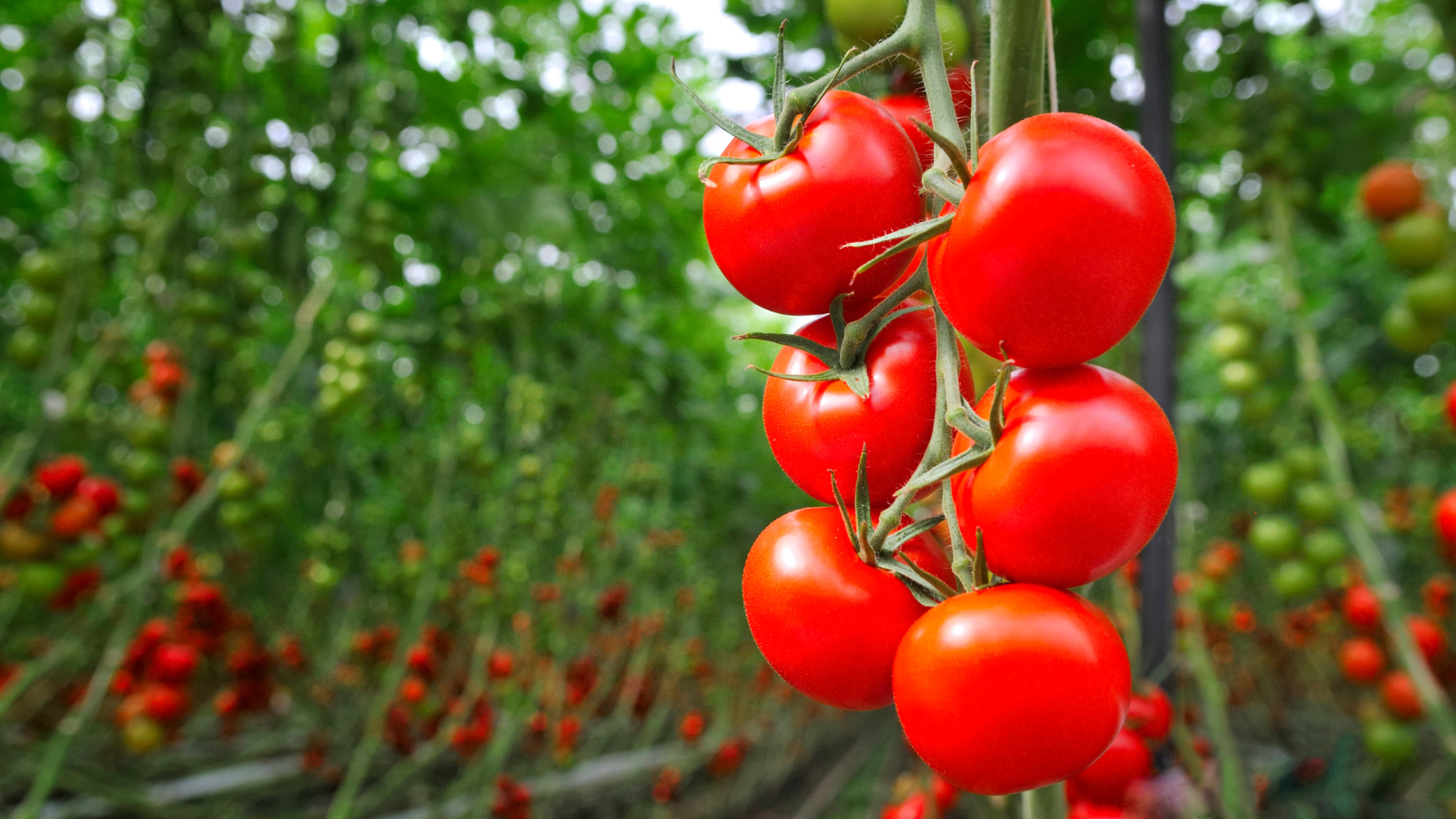For a long time, the idea of a city farm was just a vision. But that vision might become reality in the City of Wuppertal, in the district of Arrenberg. The district of Arrenberg lives on a vivid interaction of the inhabitants and entrepreneurs, who founded a common association in order to develop a more sustainable and future-orientated neighbourhood. Therefore, they want to become a climate-neutral district by 2030. Moreover, the overarching goal is the socially responsible interconnection of working and living in the city. Against this background, the Arrenberg serves as a good starting point for the development of an innovative city region food system.

The Arrenberg farm is the research object of a feasibility study, which aims at a closed-loop economy as a resource-friendly production method. The plan anticipates a production in which each unit delivers goods for human nutrition or serves as a precursor for the following production units. Consequently, the project’s name “close the loop – new urban food” is not only a slogan but an overall concept. The planning considers all dimensions of sustainability. Ecological sustainability focuses on the saving of water as an essential resource. The social dimension aims at job creation and educational offers, while the economic part tries to tie the purchasing power in the region.
It all starts with the mushroom cultivation. By using wood processing and coffee waste, the farm creates a substrate for mushrooms. The result is a healthy protein source with small space requirements, which can be used in the kitchen as well as for the next production unit. In the second module, insects are grown for several applications. On the one hand, they can be used as a meatless alternative for burgers. On the other hand, the tiny crawling animals may replace fish meal, which is used by the industry in order to ensure the protein content in fish food, used in aquacultures.
Fish food will be used in the fourth module, but beforehand it should be mentioned that the third unit contains the cultivation of algae. These aquatic plants have become a great food trend due to their ingredients, that are considered as healthy. But coming back to the fish production. Fish and crustaceans will be kept jointly in aquaponics. Especially shrimps are known as a luxury food and obtain high-profit margins. Otherwise, the excrements will provide the fertilizer for the vegetable production. Under controlled growth condition vegetable can be cultivated throughout the whole year without long transport routes. Additionally, the product range gets supplemented by microgreens. This multifaceted production is the starting point for cooperation with local gastronomy, retail, farmers and educational institutes. Emphasizing the meaning of local networks and ingenuity.
Authors: Bernd Pölling and Claudia Wiese - Fachhochschule Südwestfalen (SWUAS)
Images source:
Aufbruch am Arrenberg e.V.
Reference:






